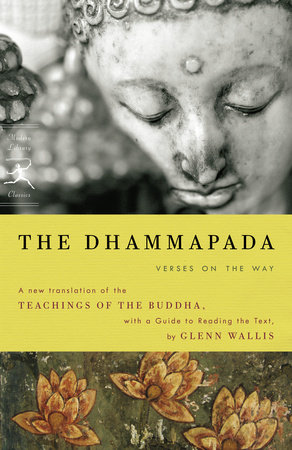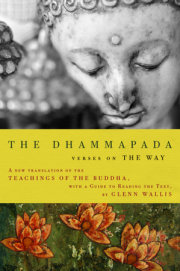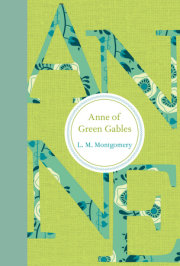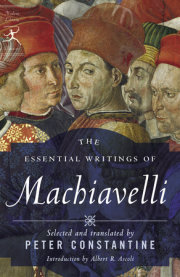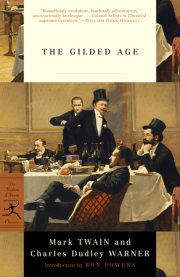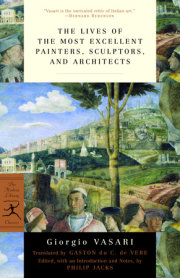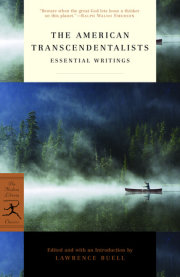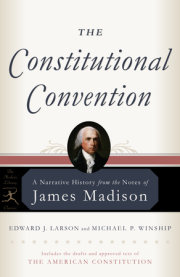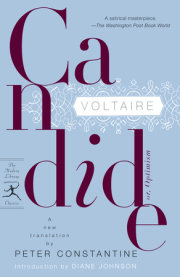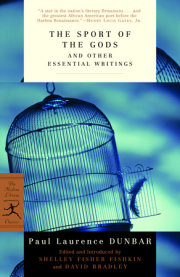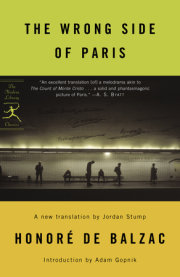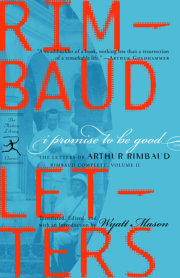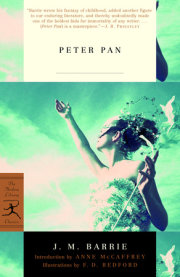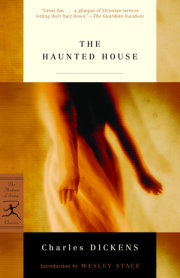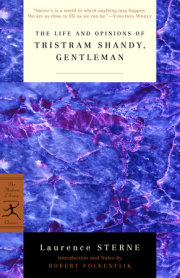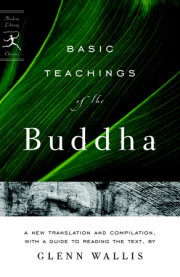Buddha: THE DHAMMAPADA
CHAPTER ONE
ji
Contrasting Pairs
ymkvGgo
Preceded by mind
are phenomena,
led by mind,
formed by mind.
If with mind polluted
one speaks or acts,
then pain follows,
as a wheel follows
the draft ox’s foot.(1)*
Preceded by mind
are phenomena,
led by mind,
formed by mind.
If with mind pure
one speaks or acts,
then ease follows,
as an ever-present shadow.(2)*
“He berated me! He hurt me!
He beat me! He deprived me!”
For those who hold such grudges,
hostility is not appeased.(3)
“He berated me! He hurt me!
He beat me! He deprived me!”
For those who forgo such grudges,
hostility ceases.(4)
In this world
hostilities are never
appeased by hostility.
But by the absence of hostility
are they appeased.
This is an interminable truth.(5)*
Some do not understand
that we are perishing here.
Those who understand this
bring to rest their quarrels.(6)
Living with an eye to pleasure,
unrestrained in the sense faculties,
immoderate in eating, indolent, and idle—
M¯ara overcomes such a person,
as the wind overcomes a weak tree.(7)*
Living without an eye to pleasure,
well restrained in the sense faculties,
moderate in eating, faithful, and energetic—
M¯ara does not overcome such a person,
as the wind, a rocky hill.(8)*
A stained person
who would wear the yellow-stained robe,
although neither honest nor restrained,
is not worthy of the yellow-stained.(9)*
But a person
who has dispelled his stain,
well set on virtuous ways,
both honest and restrained,
that one is worthy of the yellow-stained.(10)*
Those who hold the worthless to be of value,
and see in the valuable the worthless,
do not attain the valuable,
pasturing, as they are, in the field of wrong intention.(11)*
But having understood the valuable as the valuable,
and the worthless as the worthless,
they attain the valuable,
pasturing, as they are, in the field of right intention.(12)*
Just as rain pierces
a poorly roofed house,
so passion pierces
an uncultivated mind.(13)*
Just as rain cannot pierce
a well-roofed house,
so passion cannot pierce
a well-cultivated mind.(14)*
In this world he grieves.
In the world beyond he grieves.
In both worlds, the harm doer grieves.
He grieves, he is struck down by sorrow,
having seen the impurity of his own actions.(15)*
In this world he rejoices.
In the world beyond he rejoices.
In both worlds, the virtuous person rejoices.
He rejoices, he is uplifted,
having seen the purity of his own actions.(16)*
In this world he suffers.
In the world beyond he suffers.
In both worlds, the harm doer suffers.
Thinking, “I have acted destructively!” he suffers.
Taking an unfortunate rebirth,
he suffers even more.(17)*
In this world he is delighted.
In the world beyond he is delighted.
In both worlds, the virtuous person is delighted.
Thinking, “I have created value!” he is delighted.
Taking a fortunate rebirth,
he is delighted even more.(18)*
Although reciting many religious texts,
if one does not practice accordingly,
he is a heedless man.
Like a cowherd counting the cows of others,
he has no share in the religious life.(19)*
Although reciting but little from religious texts,
if one is good, he lives in harmony with the teachings.
Abandoning passion, hatred, and delusion,
he possesses proper understanding, perfect purity of mind.
Showing no attachment to this world or beyond,
he has a share in the religious life.(20)*
Guide page 103
Copyright © 2004 by Buddha. All rights reserved. No part of this excerpt may be reproduced or reprinted without permission in writing from the publisher.

